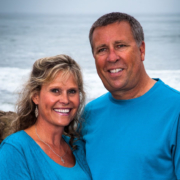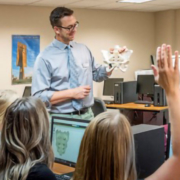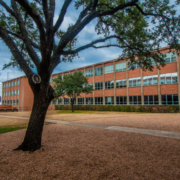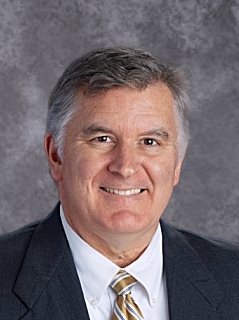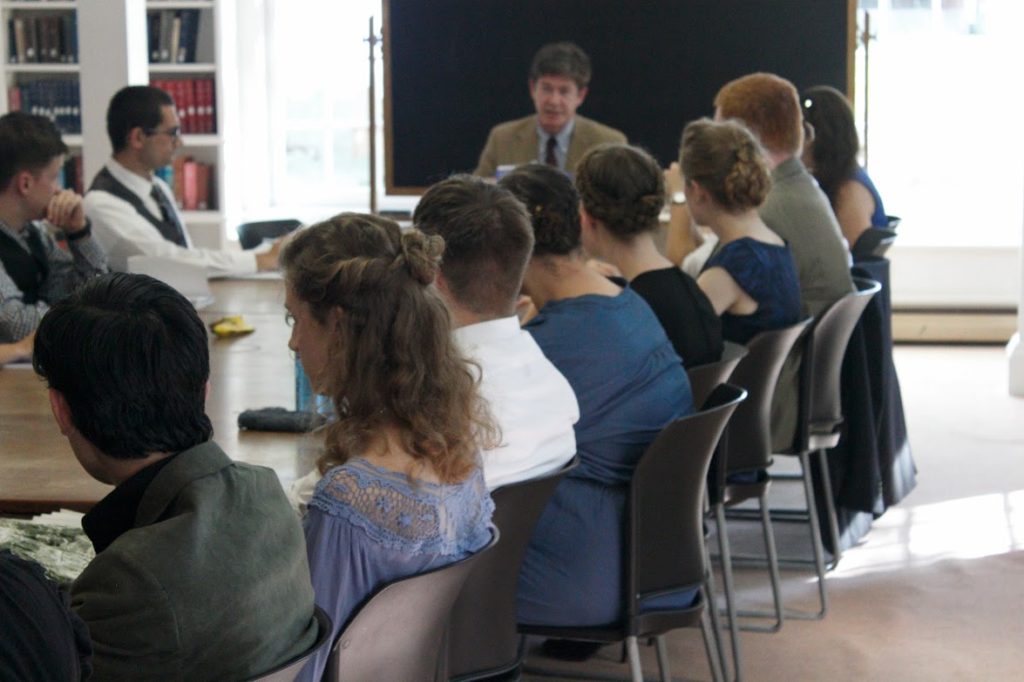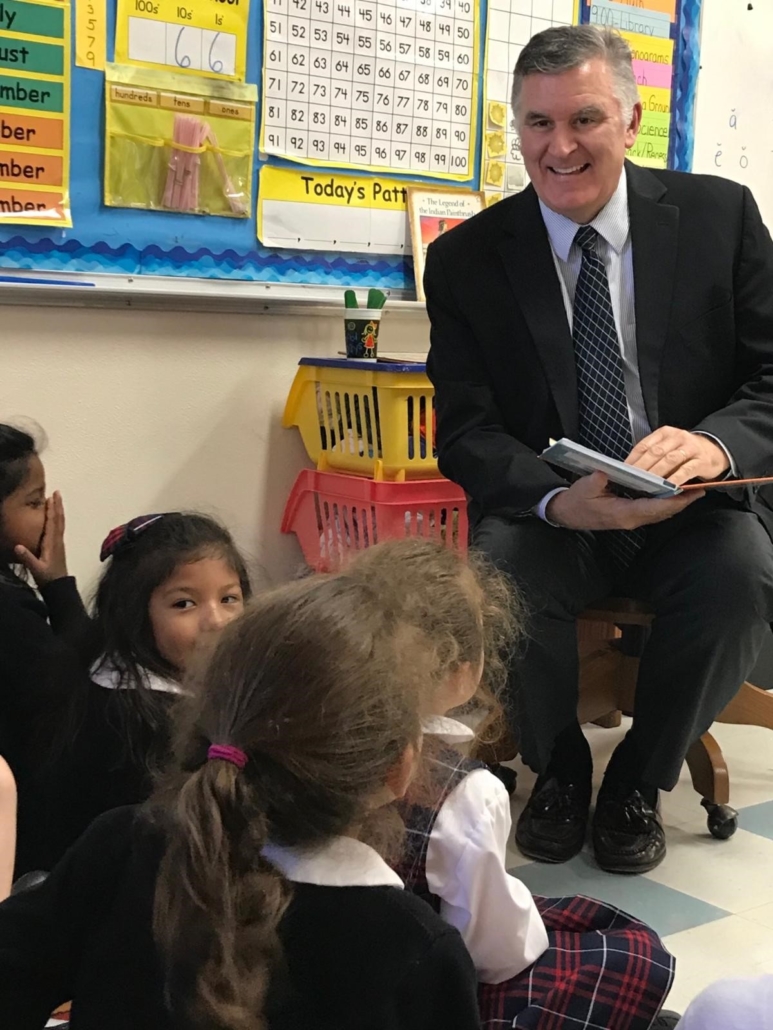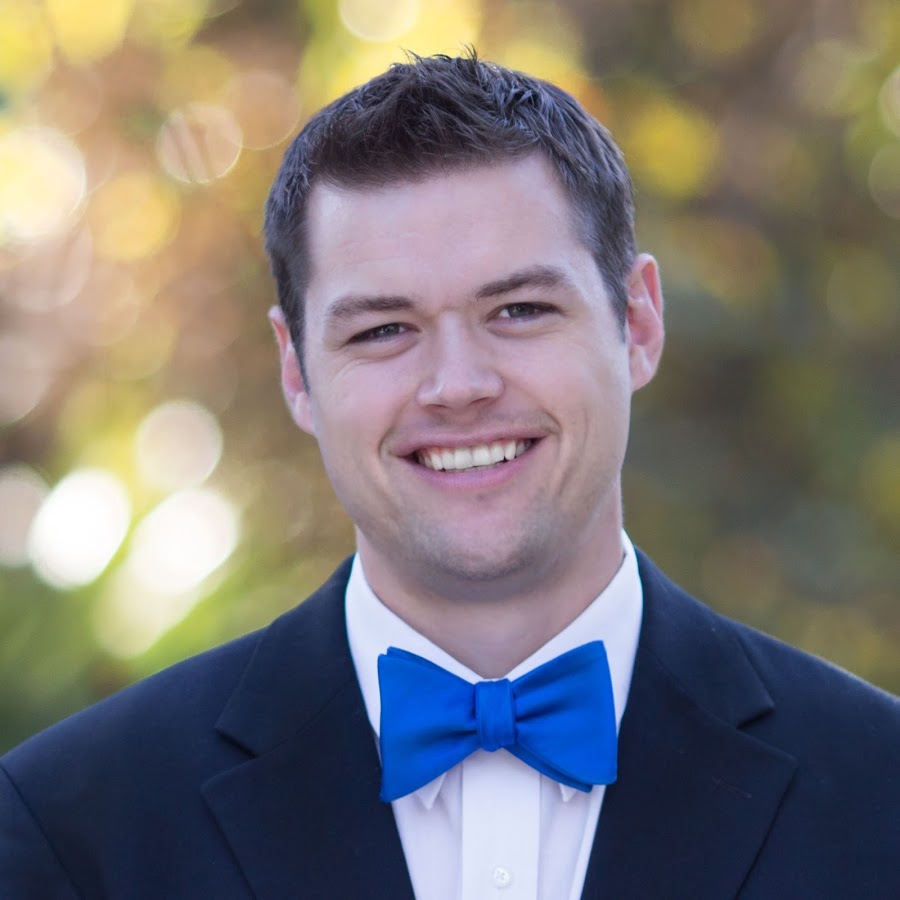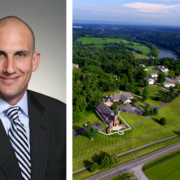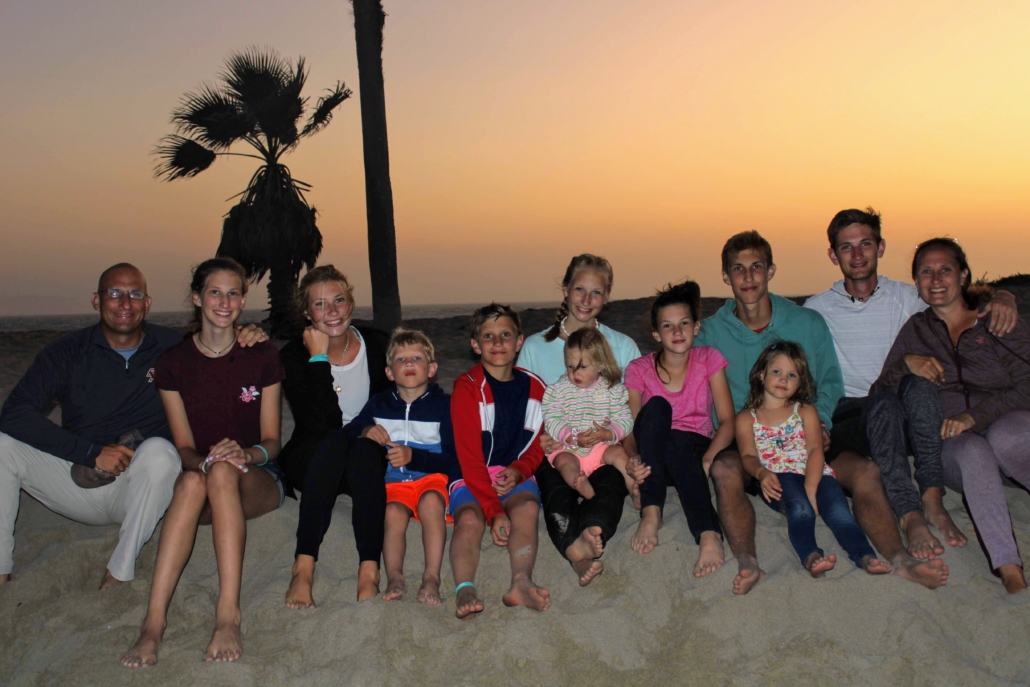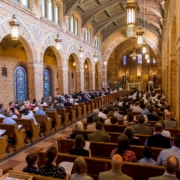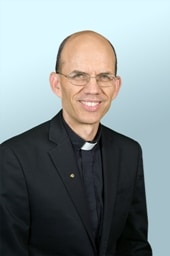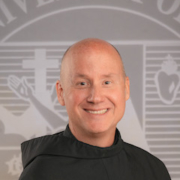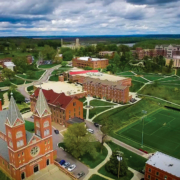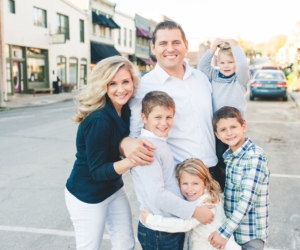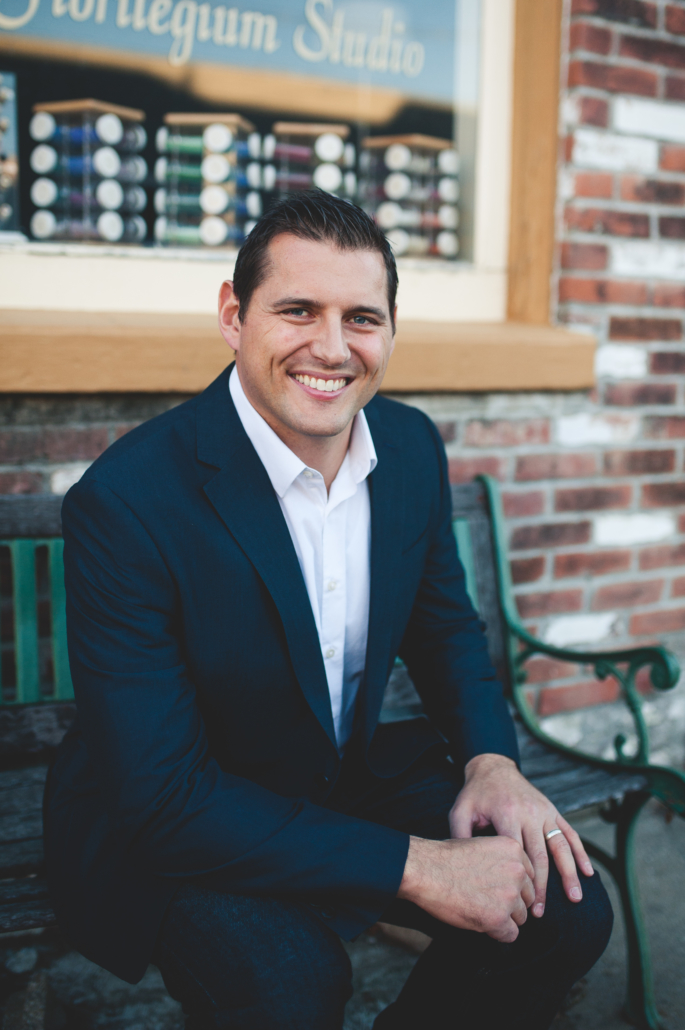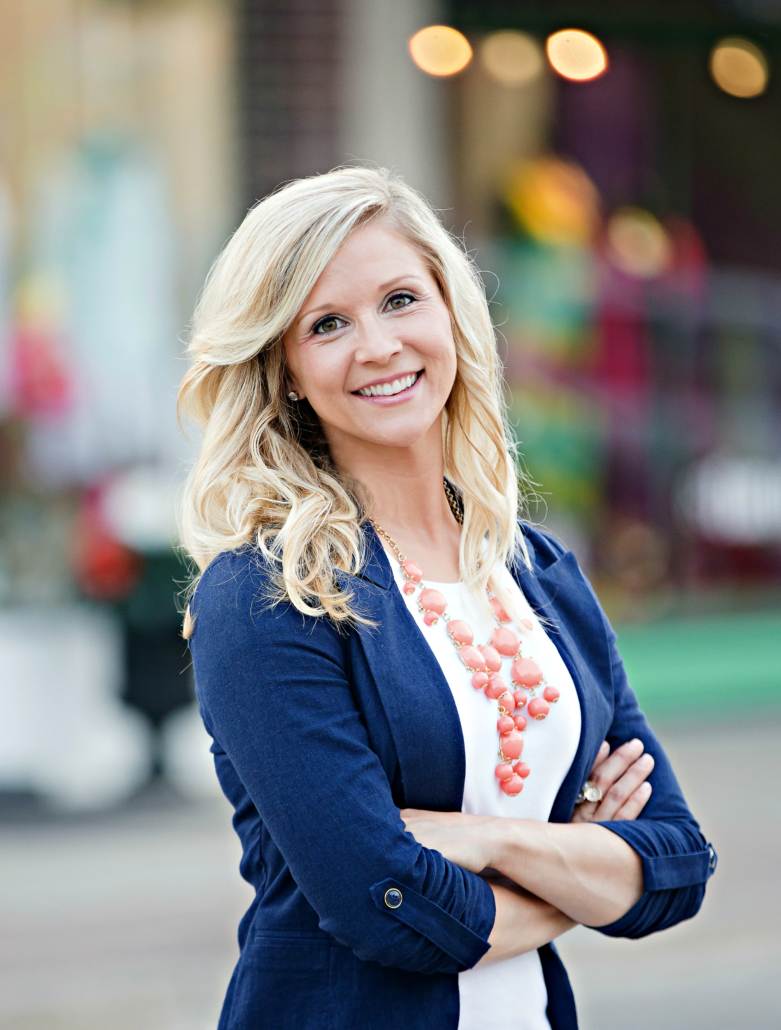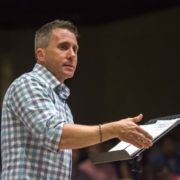Catholic high school students often ask: can I study engineering, medicine or the other sciences at a faithful Catholic college?
Or, to put it another way: can a college that teaches theology and philosophy be good at teaching science?
St. John Paul II thought so! He urged Catholic colleges to address the most pressing needs of society in science and technology, teaching students to see how faith and reason “bear harmonious witness to the unity of all truth.”
Today, America’s most faithful Catholic colleges are embracing St. John Paul II’s vision by teaching the sciences from an authentically Catholic perspective, and several of the colleges have announced exciting new developments in recent months. Students pursuing degrees in health, engineering, nursing, chemistry and other science- and math-related fields would do well to consider the differences in studying at a faithful Catholic college.
“We believe faith, morality and ethics are just as important in the sciences as in every other part of our lives. They cannot be separated,” said Stephen Minnis, president of Benedictine College in Atchison, Kansas.
The College recently opened a new 100,000-square-foot state of the art STEM building, the culmination of an impressive three-year project. Students and faculty expect that the new facility will open the door to involvement in even more major research projects. But unlike students at secular and many other Catholic colleges, Benedictine’s students do “not have to check their faith at the door of the science building,” says Minnis.
Students can find the best of both worlds in a faithful Catholic college. They can receive a solid liberal arts education while choosing majors like chemical, civil and mechanical engineering.
Franciscan University of Steubenville in Steubenville, Ohio, has also announced expansions to its science offerings in recent years. This fall, Franciscan unveiled a biochemistry degree as one of its new majors. Students benefit in every subject area from a strong faculty, which is 94% Catholic.
“In this age of technology, we are in dire need of more truly Catholic scientists and medical professionals who can clearly articulate the proper use of science and technology in society,” explains Dr. Daniel Kuebler, biology professor and dean of the School of Natural and Applied Sciences. “The type of integrated science education offered at Franciscan produces just these types of graduates.”
In an increasing secular society, many ethical questions are raised about how scientific knowledge should be used, says Kuebler. “Should we clone humans? Should we manipulate human embryos? Should we develop embryonic stem cell lines?”
“At Franciscan, students not only learn the cutting-edge science through our array of academic programs, but they are also trained in sound Catholic moral and ethical principles so that they can competently and confidently defend the dignity of human life,” he says.
“Too often people see science and faith as being at odds with each other,” Kuebler adds. “Nothing could be further from the truth for a Catholic.”
Catholic students also find integration of faith and science at Belmont Abbey College in Belmont, North Carolina. The college recently announced that Caromont, a local health care system, will be building a hospital adjacent to campus. The lease agreement with the Benedictine monastery will ensure that “nothing contrary to the Church’s teaching will be done at the hospital,” says Dr. Heather Ayala, chair of the college’s biology department.
Additionally, any “cooperative programs the college undertakes with Caromont will be degree-granting academic programs and thus under the control of the college,” Ayala continues.
The Benedictine mission of Belmont Abbey is a “central piece” in the development of new science and health related initiatives, Ayala says. Her biology department is known for its high placement rates for graduates into medical, dental and veterinary schools.
Ayala says she has “enjoyed being able to speak openly” about her faith with students and “have conversations both inside and outside of class” that integrate her Catholic faith with the life sciences.
The University of Mary in Bismarck, North Dakota, recently was given permission by the family of St. Gianna Beretta Molla to rename its School of Health Sciences after her. Saint Gianna gave up her life to save her unborn baby.
The sacrifice of St. Gianna witnesses to “all that we hope to pass on to our students,” says Lauren Emmel, associate professor of physical therapy at the university. She believes that students must be educated about how “God works through our vocation for our sanctification and the sanctification of those we serve.”
The University of Mary offers a variety of majors in the health sciences including physical therapy and biomechanics. Its nursing is especially popular because of its high national ranking. Students are taught from a Catholic perspective and take two theology and two philosophy courses.
“Our commitment to teaching the sciences, especially the health sciences, begins with a witness to Truth personally. Students know integrity when they see it, so a personal commitment to the faith is important for any teacher in a Catholic institution,” explains Emmel.
“Without a recognition of the other as a person with dignity,” Emmel warns, “we begin treating diseases and discarding the less-than-desirable parts… One can imagine how this potentiates discarding entire classes of people, especially those who are dependent: children, elderly, the weak, the poor.”
But at the University of Mary, “our programs begin, as they ought, with a recognition of the dignity and sanctity of life,” she says. Professors try to help students “see, consider, and view people first, with all the dignity God has provided to them” and then only afterward to “address the weaknesses and impairments in a manner which is helpful and truly healing.”
Other faithful Catholic colleges recommended in The Newman Guide—including Ave Maria University, the Catholic University of America, the University of Dallas, the University of St. Thomas in Houston, Walsh University—offer various science majors that integrate faith and ethics. John Paul the Great University in Escondido, California, offers several technical programs related to new media and the arts. Catholic liberal arts colleges like Christendom College, Magdalen College of the Liberal Arts and Thomas More College of Liberal Arts also provide math and science education.
The Great Books education at Thomas Aquinas College in Santa Paula, California, and Northfield, Massachusetts, “requires knowledge of the principles of all the major disciplines, including math and science,” according to Dr. Thomas Kaiser, associate dean of the College in New England. Like Wyoming Catholic College in Lander, Wyoming, which also emphasizes the Great Books, students get a rigorous foundation in Euclidian geometry, mathematical reasoning, scientific reasoning, natural science and philosophy.
“Having a philosophical overview of the principles and methods of the sciences is excellent preparation for specialization,” says Kaiser. “Those who specialize without this preparation may unknowingly accept philosophical presuppositions without any opportunity to critically assess them.”
Kaiser explains how, in our world today, “scientists have displaced the theologians and philosophers as the supposed wise men.” He laments that “many of them are atheists, and even those that aren’t think that there is no compatibility between faith and reason.”
“Of course, this never has been the position of the Church,” says Dr. Kaiser.
At secular colleges and even many secularized Catholic colleges, Catholic families will find science education that is completely divorced from faith. Fortunately, there are faithful Catholic colleges where students can prepare for careers in the sciences while being educated from an authentically Catholic perspective. It’s a wise choice, if wisdom is the objective.
This article first appeared at The National Catholic Register.

